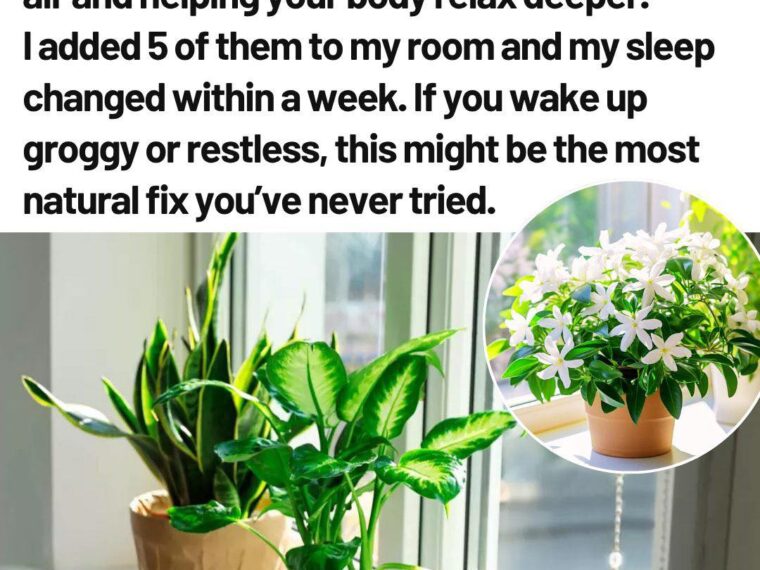Aloe vera is another great air purifier that emits oxygen at night, improving bedroom air quality and sleep, particularly for people with sleep apnea.
It also filters harmful toxins like formaldehyde and benzene, keeping your sleep environment fresh and clean.
How Aloe Vera Helps:
- Releases oxygen: Enhances air quality during sleep.
- Filters toxins: Removes harmful chemicals for cleaner air.
How to Use:
Place an aloe vera plant near your bed or by a window to boost air quality and support restful sleep.
4. Jasmine
Jasmine has calming and mild sedative effects that can help you fall asleep faster and enjoy better sleep quality.
Its delicate scent reduces anxiety and promotes a sense of well-being, making it ideal for those with stress-related insomnia.
How Jasmine Helps:
- Reduces anxiety: Soothes the nervous system with its sweet fragrance.
- Improves sleep: Studies show it enhances both sleep quality and duration.
How to Use:
Keep a jasmine plant on your windowsill or bedside table to enjoy its sleep-enhancing scent.
5. English Ivy
English ivy is excellent for improving air quality, especially for people with respiratory issues like asthma or sleep apnea.
It effectively removes mold spores from the air, helping to ease breathing problems that interfere with sleep. It also filters allergens and dust for a cleaner, healthier bedroom.
How English Ivy Helps:
- Removes mold: Reduces airborne mold spores, improving respiratory health.
- Purifies air: Filters toxins, allergens, and dust to promote restful sleep.
How to Use:
Hang English ivy in your bedroom or place it on a shelf to purify the air and enhance sleep quality.
How These Plants Improve Sleep
These plants help address common factors that affect sleep, such as poor air quality, stress, and difficulty relaxing.
Adding them to your bedroom creates a natural sanctuary that promotes easier breathing, lowers anxiety, and helps you fall asleep faster.
For those with sleep apnea, better air quality can reduce symptoms and lead to more peaceful nights.
Additional Tips for Using Plants to Improve Sleep
- Choose low-maintenance plants: Many listed here, like snake plants and aloe vera, need little care, perfect for the bedroom.
- Avoid overwatering: Too much water can cause mold or humidity, which may disrupt sleep. Use well-draining pots and water only when needed.
- Place plants strategically: Keep plants near your bed or where air circulates well to maximize benefits.
By adding these five plants to your bedroom, you create a natural, sleep-friendly space that supports restful, restorative nights.
Whether your goal is better air quality, reduced anxiety, or deeper sleep, these plants offer powerful, natural ways to enhance your sleep.





